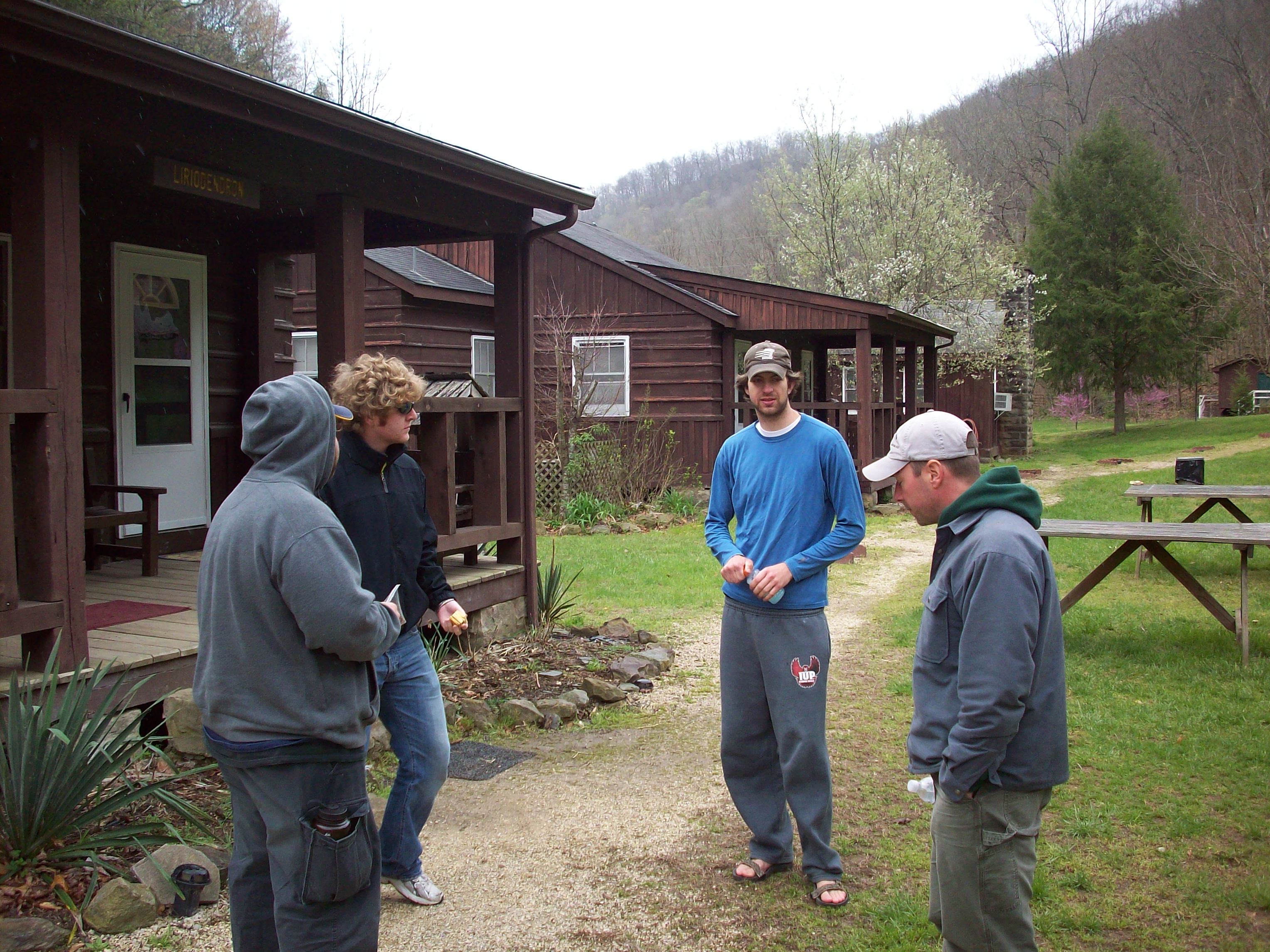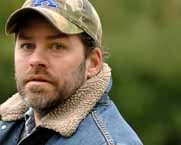by Robin Roenker
What is the value of nature? Does it have intrinsic value of its own—or only as it relates to humans and our uses for it?
Does a conservationist perspective (which seeks to regulate human use) or a preservationist perspective (which aims to limit human use altogether) better foster an equitable stewardship of natural resources?
What isenvironmental sustainability—and how do we achieve it?
UK’s new philosophy class on Environmental Ethics, PHI 336, challenges students to consider complex questions like these—questions that, at their heart, delve into fundamental issues of mankind’s role as stewards of the environment, and the responsibilities that entails.
While efforts to launch an Environmental Ethics course within the Philosophy Department began years ago, the new course became reality in fall 2009, when the department commissioned UK philosophy lecturer Bob Sandmeyer to draft a syllabus and scope for the class.
Sandmeyer’s goal for the course: placing issues of sustainability squarely in focus.
“We wanted students in the class to take part in an explicit and detailed analysis of the idea of sustainability,” said Sandmeyer, who earned his PhD at UK in 2007.
“There’s a distinction between ‘going green’ and sustainability,” explains Sandmeyer, who credits reading environmental conservationist Aldo Leopold’s famed A Sand County Almanac as the inspiration for his return to the study of philosophy after a long post-undergraduate hiatus.
Below: Bob Sandmeyer’s students on a trip to UK’s Robinson Forest

“There are green efforts you can do to reduce your day-to-day carbon footprint, to make sure you’re not contributing to the major environmental problems that the local community and broader society are facing. But sustainability really involves a transformation of the systems of commerce,” Sandmeyer said. “It’s a move from a linear model of production to a cyclical model of resource production and resource waste consumption.”
Sandmeyer is a member of an advisory board currently working to establish a new Environmental and Sustainability Studies major within UK’s College of Arts & Sciences.
He drafted the environmental ethics class around the concept of sustainability anticipating that PHI 336 will become a core, required course in the new major, when it receives final approval.
Sandmeyer also crafted the course to be driven by local voices within Kentucky’s own environmental movement. “One of my beliefs about environmental philosophy is that it really should be locally based,” Sandmeyer said.
That’s why in fall 2009, during the first semester of the course, Sandmeyer had his students focus on the agrarian and environmental treatises of Kentucky’s own Wendell Berry. Their discussion and debate of The Art of the Commonplace—an edited collection of Berry’s seminal essays on the merits of small-scale, sustainable agriculture—culminated in a visit by Berry himself at the end of the semester.
This fall, students will read Berry’s landmark work The Unsettling of America to “see how and why considerations of social justice and environmental health ought to play a role in local economies,” Sandmeyer said.

In addition to debating and discussing the writing of Berry and Reese, students in the class this fall will also work closely with UK’s new Office of Sustainability, which aims to coordinate and oversee the university’s efforts to foster a culture of sustainability on campus and beyond. (Programs include everything from campus-wide energy conservation efforts to initiatives that put more locally grown food into UK dining halls).
Sandmeyer plans to have students collaborate with Office of Sustainability director Shane Tedder to build a wiki site that details the broad scope of UK’s sustainability efforts and the ethical justifications behind them. Once complete, the site could eventually serve as a clearinghouse of information for UK’s Office of Sustainability.
The course has been a hit each semester it’s been offered—its 32 spaces quickly fill with a diverse mix of students from a range of majors and backgrounds, Sandmeyer said.
This year’s students have already been the most vocal Sandmeyer has had to date, he said.
As they’ve begun to explore questions of the intrinsic value of nature and the idea of holistic ethics, like that laid out in Aldo Leopold’s The Land Ethic¸ students were quick to take sides on the conservationist vs. preservationist debate, particularly as it relates to management of local natural areas, like UK’s Robinson Forest.
Through readings on the public lands debate—and the ways in which American resource policy is formed—Sandmeyer has his students examine the merits of two very different approaches to public lands management: on one hand, the preservationist approach like that codified by the Wilderness Act (which aims to set aside tracts of lands unencumbered by people), and on the other, a biosphere reserve method in use by groups like the United Nations (which instead calls for a careful management and stewardship of lands by local peoples).
“These kinds of debates really get at what is nature, and what is mankind’s place in it,” Sandmeyer said. “They lead to really broad questions, at the basis of philosophy: What is life? What is our place in the cosmos? And how can we meaningfully live in a way which is both respectful and humble.”
As for the launch of the Environmental Ethics class, Sandmeyer feels it’s come about at the perfect time.
“It’s an exciting class. I’m very happy that we’re able to offer it,” Sandmeyer said. “And now it seems to be fitting within a broader push within the university to take up, academically, these issues of environmental philosophy and environmental sustainability that are so key.”
